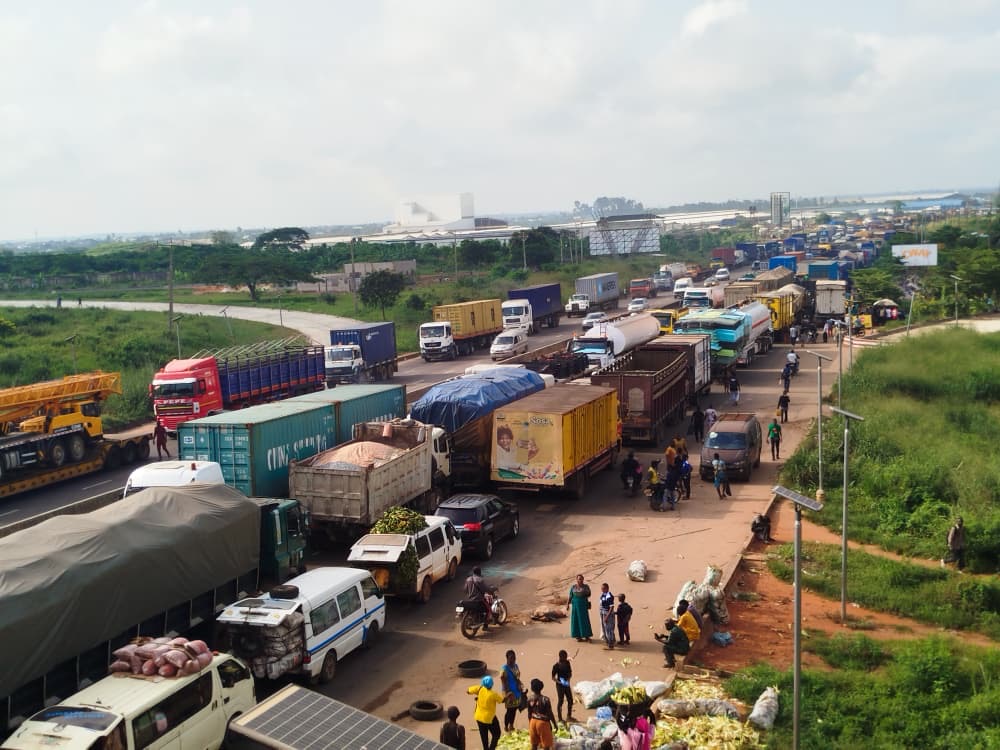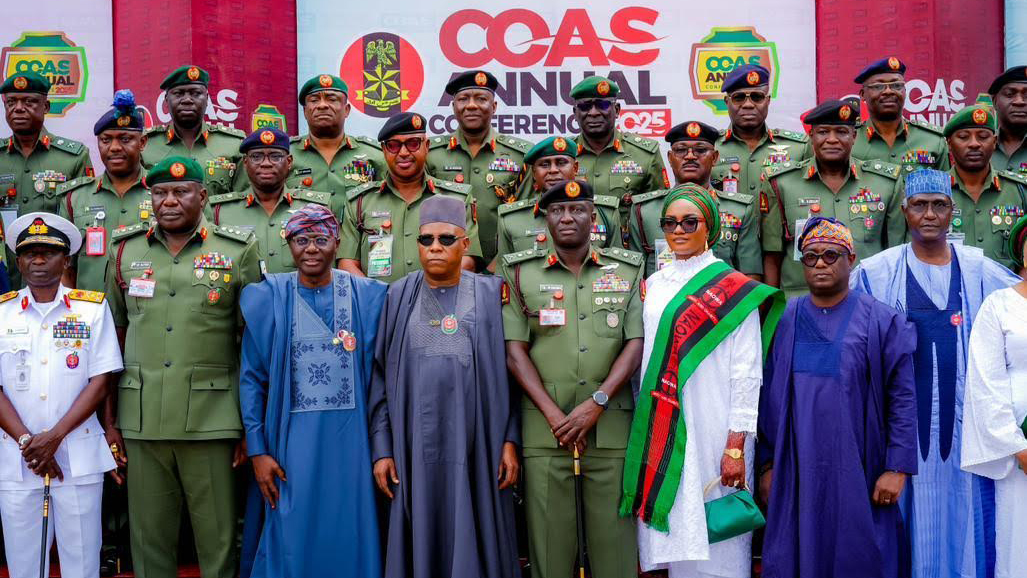Citing the fatal dimension the impact of climate change is taking, the Secretary to the Government of the Federation (SGF) has warned that the country is running out of time.
The SGF, Senator George Akume, gave the warning yesterday in Abuja during a high-level stakeholder and policy engagement visit on Climate Change, Sustainable Land Use, and Agriculture, organized by the African Center for Climate Action and Rural Development Initiative (ACCARD) and the African Climate Foundation.
He said, “We are running out of time. The global impact of climate change has thrown a fatal dimension. Climate change has adverse effects now more than ever before. It is threatening human existence — the very existence of humanity. It threatens peace, security, and national development.”
The SGF, who was represented by his Special Adviser (Technical), Prof. Babatunde Bernard, pointed out that the occurrences of the effects of climate change are increasingly manifesting as floods, desertification, coastal erosion, and even weather conditions — making predictions a very difficult task.
The effect, according to him, is exacerbated by the unsustainable use and application of agrochemicals, as farmers no longer weed the farms but rather spray chemicals to remove weeds, even if it is just one square meter, saying this has led to the loss of fertile lands and, of course, natural capital resources.
The don further pointed out that the adverse effects of climate change in Nigeria have caused and aggravated the competition for natural resources, biodiversity and livelihood losses, as well as greater conflicts, adding that the ever-growing human population and worsening climate change impacts are driving food conflicts, low productivity, food shortage, and hunger in demand.
While calling on stakeholders to come up and adopt lasting solutions to the challenges and prospects of climate change adaptation, he said the government and people of Nigeria are thus looking forward to the recommendations as part of the outcome of this engagement to improve adaptation strategies, governance, and decision-making for the benefit of the citizenry and the world at large.
Prof. Bernard stated that the potential negative impact on the human environment can only be averted if the land is used sustainably, saying this entails careful use and application of fertilizer, herbicides, and pesticides to land during agricultural cultivation, and use of land for roads, rails, buildings, and civil infrastructure.
He stated that the principle of sustainable land use change is critical at this juncture and revolves around how human activities transform natural landscapes, driven by factors like population growth, economic development, and technological advancement.
The Founder of ACCARD, Amb. Freeman Eloho, said the aim of the high-level meeting was to look at the nexus of climate change and how it’s driving changes in the Nigerian food system, people, and the environment, lamenting the worsening dimension of the effects of climate change in the country.
Citing the increasing spate of unwholesome food in the market, he harped on the need to ensure that food in the market is safe for consumption.
He said, “We are bringing in this meeting to find solutions to climate change and sustainable land use, and that is why we have brought in the Federal Ministry of Agriculture, Environment, Budget and National Planning, and SGF to find solutions.”
Amb. Eloho disclosed that ACCARD has been working with the office of the SGF to emphasize the need for policy consistency.
He said, “ACCARD is working with the Nigerian government to help put the right policy structure in place. We are also engaging with the World Bank and other development financing to enable the government access more intervention funds for Sustainable Development Goals.”






